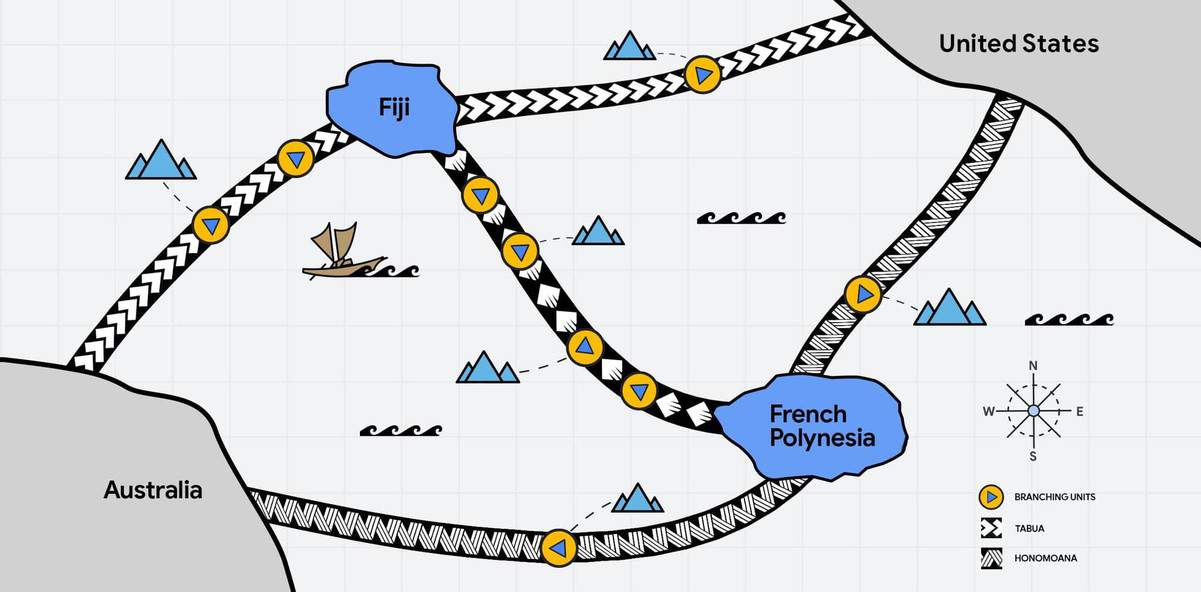Google’s South Pacific Connect initiative aims to bridge the digital divide between the United States, Australia, and the Pacific islands. The cable landing stations for these new international subsea cables will be located in French Polynesia and Fiji. This project will significantly improve internet access in the region, making it more affordable and reliable. It represents a significant step forward in enhancing connectivity.
According to a White House fact sheet, the project will receive substantial investments from the Australian and US governments. To bring this ambitious plan to life, Google will receive $50 million from Australia and $15 million from the US. The critical components of this venture are two major subsea cabling systems, Honomoana and Tabua.
Honomoana, a name derived from the Polynesian language, will be the first cabling system, establishing a direct link from the United States to French Polynesia and then on to Australia. The second cabling system, Tabua, named after a Fijian word, will connect the United States to Fiji and onward to Australia.
Google’s subsea cables will ensure a reliable and secure data transfer and communication link between these countries
Furthermore, this $65 million investment is not just about infrastructure. It’s a catalyst for economic growth. It exemplifies the power of international cooperation and partnerships.
Again, Fiji and French Polynesia will receive unique cable landing stations. The two landing stations will have their own communication channel via a special interlink cable. This interlinking of cabling stations will enhance the transpacific routes’ reliability and bolster connectivity in the region.
The combined efforts of these two subsea cable lines will create a network encircling numerous Pacific islands. The lines will comprise strategically placed branching units serving the Federated States of Micronesia, Kiribati, Marshall Islands, Nauru, Papua New Guinea, Solomon Islands, Timor Leste, Tuvalu, and Vanuatu.
The White House fact sheet highlights the United States’ commitment to supporting expanded internet connectivity in Pacific Island countries under the State Department’s Digital Connectivity and Cybersecurity Partnership (DCCP). This initiative aligns with the goal of providing fast, secure, interoperable, and reliable internet access to the region.
Google emphasizes that subsea cables play a pivotal role in enhancing internet affordability and reliability, which, in turn, fuels economic growth and productivity. Given the vast population residing in the Pacific islands, this project holds immense significance. Additionally, creating a disaster-resistant cabling infrastructure in this region is an unprecedented feat.
The South Pacific Connect initiative not only connects continents but also brings the promise of a more connected future for all the nations involved.

